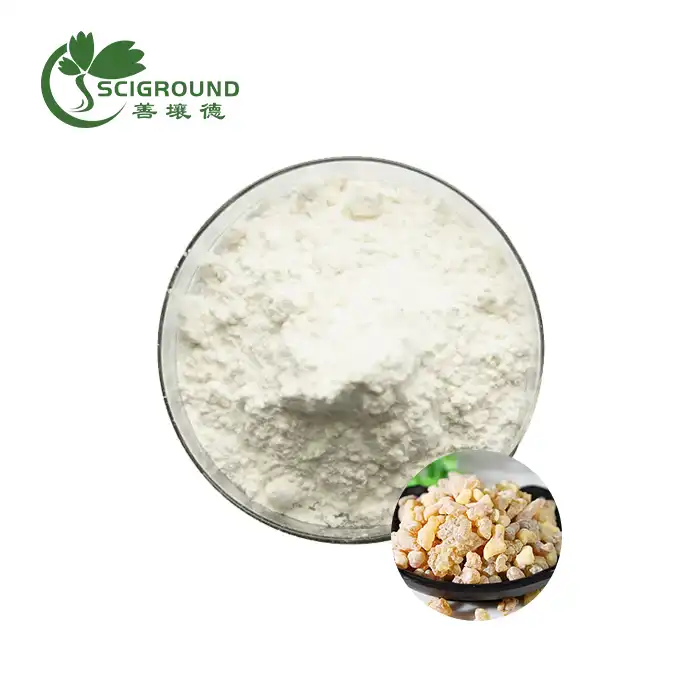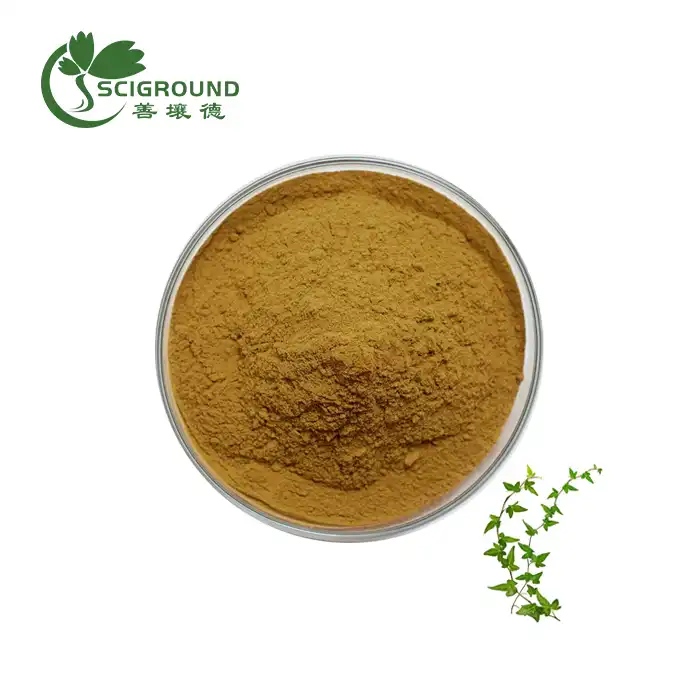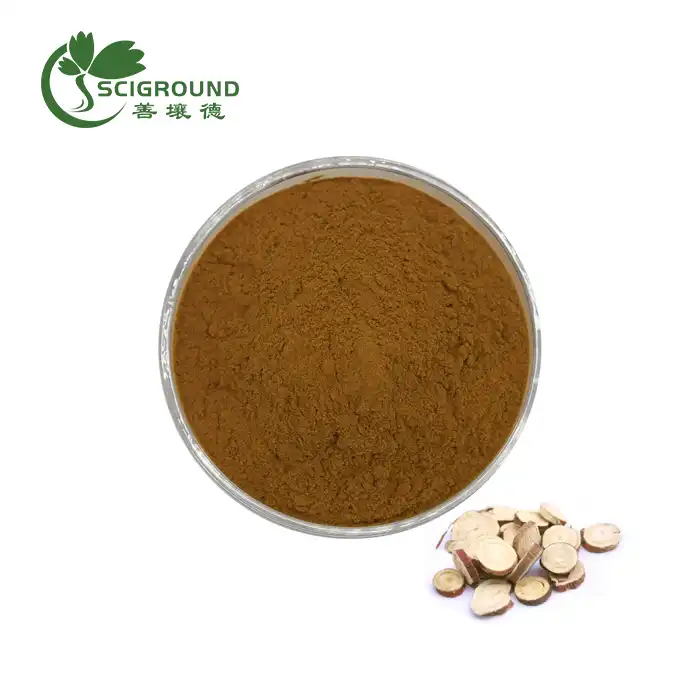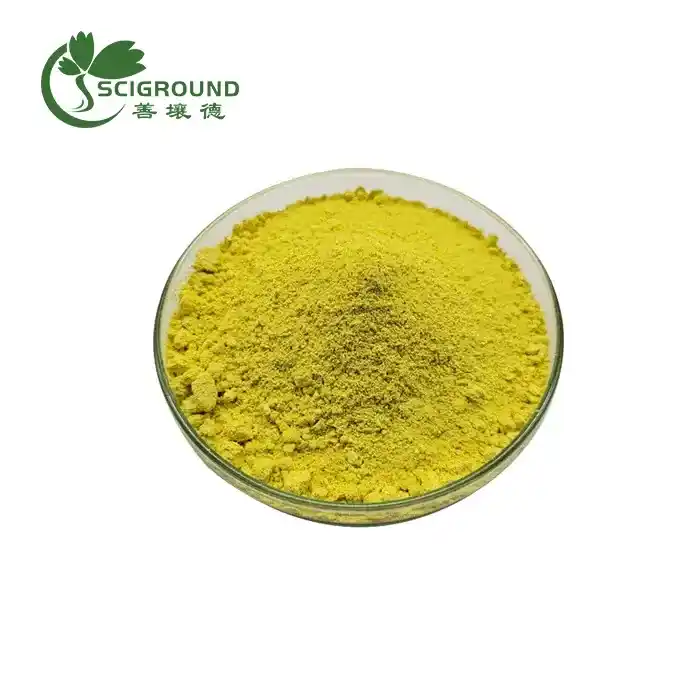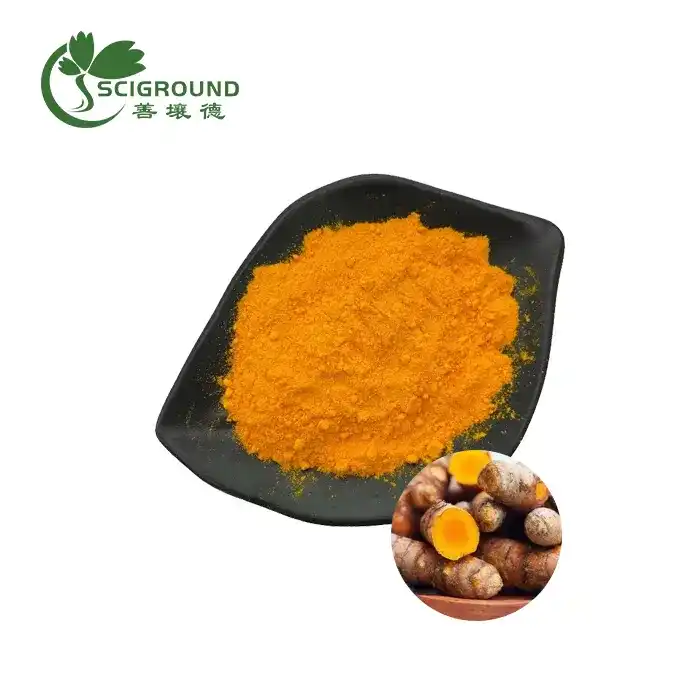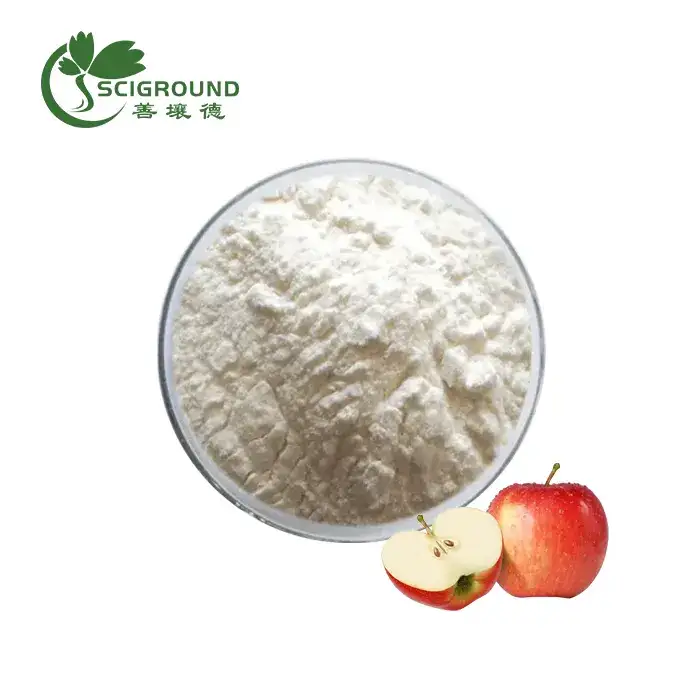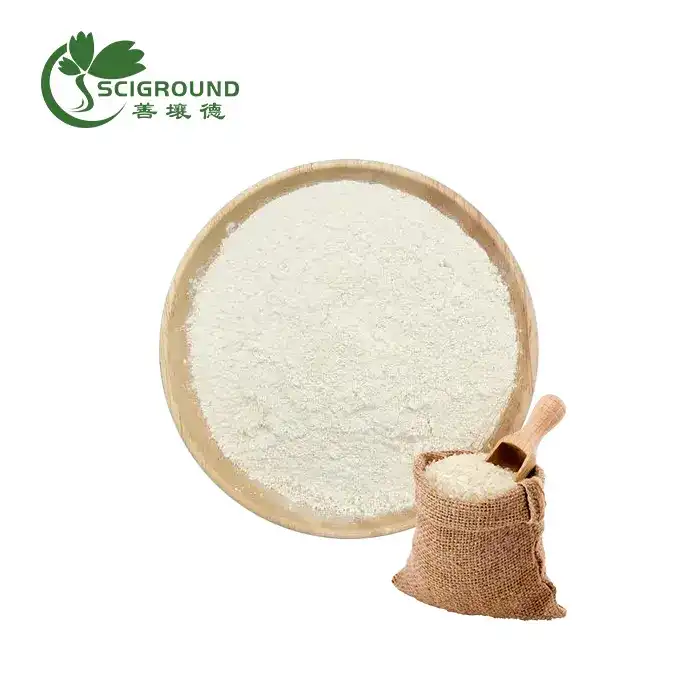Creatine HCL vs Monohydrate
As an avid gym-goer trying to gain muscle strength and size, I was interested in supplementing with creatine. But in researching the different forms available, I wasn’t sure if creatine monohydrate or hydrochloride (HCl) is more effective.
In this comprehensive review, I’ll compare and contrast creatine HCL versus monohydrate in terms of absorption, efficacy, safety, cost, and optimal use. My goal is to analyze the pros and cons of each to determine which form of creatine may be ideal for improving exercise performance and muscle-building.
Although creatine HCL works faster and requires smaller doses for big results, there are many benefits to supplementing with creatine monohydrate over creatine HCL.
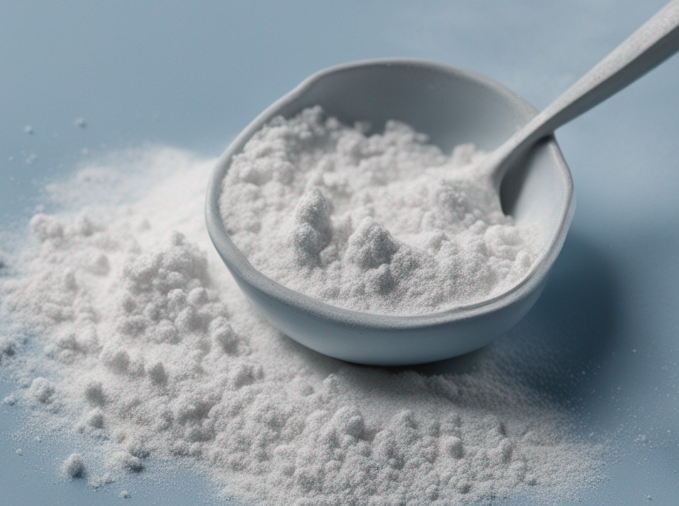
What is Creatine Monohydrate?
Creatine monohydrate powder bulk is the single most popular sports supplement and has been extensively studied for decades. As the name suggests, it consists of a creatine molecule bound to a water molecule, giving it the monohydrate designation. Manufacturers produce it by dehydrating an aqueous solution containing dissolved creatine and water, resulting in a white, crystalline powder.
Creatine monohydrate dissolves easily in water or juice without impacting taste. It's known for being a low-cost supplement that is widely available and highly effective for enhancing strength and power output during high-intensity exercise.
What is Creatine Hydrochloride (HCl)?
Creatine hydrochloride, often abbreviated as HCl, is creatine chemically bound to a hydrochloride group. Manufacturers produce HCl by reacting creatine with hydrochloric acid to improve its solubility in water.
The rationale is that increasing water solubility enhances absorption compared to monohydrate. However, research does not substantiate claims that HCl is a superior form. Creatine HCl provides an equivalent creatine content as monohydrate but costs significantly more on average per dose. Users also report higher rates of gastrointestinal discomfort like cramping and diarrhea with HCl.
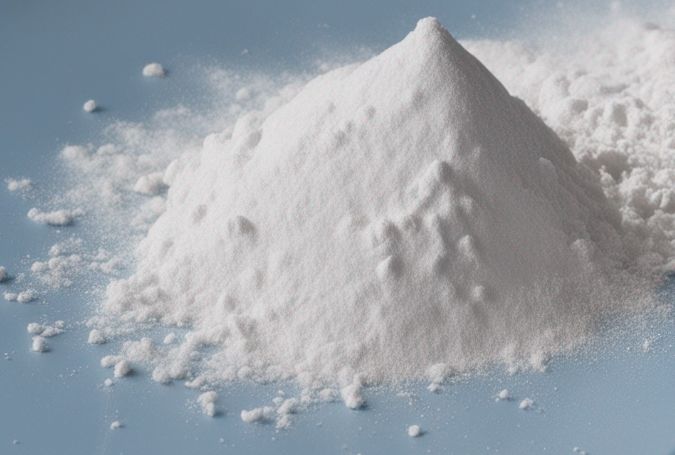
Creatine HCL vs. Monohydrate: Which is Better?
For most users, bulk creatine monohydrate powder remains the gold standard form in terms of proven efficacy, safety data, value, and accessibility. Reasons monohydrate is generally the best option:
Over 20 years of extensive research on performance-enhancement and safety
Identical absorption and bioavailability as HCl when consumed in equal doses
Significantly lower cost per gram of creatine content
Mixes easily into shakes and beverages with no taste
No evidence showing HCl improves muscle-building or performance beyond monohydrate
Widely available from reputable supplement companies
The only potential advantages of creatine HCl are reduced instances of gastrointestinal distress that some users report. But for boosting high-intensity exercise performance and muscle gains, creatine monohydrate remains the most scientifically supported option.
Benefits of Creatine HCL
While no direct evidence proves creatine HCl improves absorption or efficacy over monohydrate, some hypothesized benefits include:
Increased water solubility that could boost bioavailability, especially at lower doses
Reduced potential for causing GI side effects like cramping, nausea, and bloating
Faster absorption kinetics that may eliminate need for a loading phase
Same potential strength and muscle-building effects as monohydrate
However, human studies repeatedly show matching doses of HCl and monohydrate have identical effects on muscular creatine levels, strength gains, and hypertrophy. The only proven benefit of HCl is potentially less gastrointestinal problems that some users are sensitive to with monohydrate.
Benefits of Creatine Monohydrate
Unlike HCl, creatine monohydrate bulk has an enormous body of evidence supporting its safety and performance-enhancement effects:
Significantly increases muscle strength, power, endurance, and work capacity during high-intensity exercise (1)
Enhances muscle growth and lean tissue accrual when combined with strength training (2)
Improves sprint performance in athletic populations ranging from runners to swimmers (3)
Increases anabolic hormones like IGF-1 associated with stimulating muscle growth (4)
Reduces muscle protein breakdown during intense resistance and endurance exercise (5)
Accelerates post-workout recovery by replenishing muscle glycogen faster (6)
Boosts cognitive function and lowers mental fatigue when performing cognitively demanding tasks (7)
In addition, creatine monohydrate powder is inexpensive, tasteless, mixes easily, and is widely available. Creatine monohydrate remains the most proven effective form of supplemental creatine by far.

Creatine HCL vs Monohydrate: Takeaway
The research conclusively shows creatine monohydrate and HCl are equally bioavailable and effective when consumed in the same doses. But monohydrate has a far larger body of evidence supporting its efficacy and safety profile.
Creatine HCl provides no added performance or muscle-building effects compared to monohydrate. The only potential benefit of HCl is reduced likelihood of gastrointestinal side effects that some users are sensitive to with monohydrate. For maximum strength gains and lean mass accretion, creatine monohydrate remains the gold standard form. But HCl is a suitable alternative if monohydrate gives you cramps or discomfort.
Is Creatine Hydrochloride Better Than Regular?
Despite aggressive marketing claims that HCl is superior, creatine monohydrate has never been shown less bioavailable or effective than HCl. Human clinical studies repeatedly demonstrate creatine monohydrate and HCl increase muscular creatine concentrations and high-intensity exercise performance to the same degree when equivalent doses are consumed.
While less potential for stomach upset may be an advantage for some users, HCl does not enhance muscle-building or performance effects compared to the gold standard monohydrate.
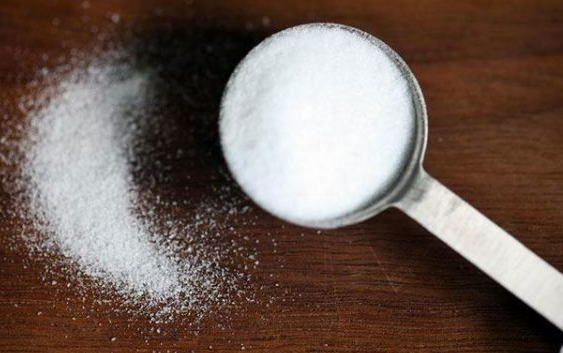
Is Creatine Monohydrate the Same as Hydrochloride?
While the chemical structures differ between creatine HCl and monohydrate, they appear to work equally well at equivalent supplemental doses. When matched gram for gram, randomized controlled trials report identical increases in bench press and squat strength, greater lean tissue accretion, enhanced sprint performance, and elevated muscle creatine levels for both forms (9). But creatine monohydrate has over 20 years of more extensive safety data and proven efficacy. For these reasons, monohydrate remains the most recommended form by sports nutrition experts.
Which Form of Creatine is Best?
Simple creatine monohydrate powder remains the most scientifically supported form with the greatest value and highest quality evidence backing its safety and efficacy. When shopping for a creatine supplement, look for a reputable brand providing pure creatine monohydrate powder without unnecessary additives. Start conservatively with 3-5 grams per day, cycling 8-12 weeks on and 4 weeks off.
Creatine HCl is a suitable alternative if monohydrate causes gastrointestinal distress. But for optimal strength gains, power output, and lean muscle mass accretion, creatine monohydrate is still considered the gold standard form with the most proven benefits both in the lab and gym.
In summary, research clearly demonstrates creatine monohydrate and HCl work equally when equivalent doses are consumed. However, monohydrate has significantly more scientific data validating its safety and efficacy for improving exercise performance and building lean mass. The only potential advantage of HCl is reduced risk of side effects like cramping and bloating that some users report with monohydrate.
While either form is effective, creatine monohydrate provides the best value and has decades of safe use. For maximing your workout potential, I recommend creatine monohydrate as the first choice. But try HCl if you find monohydrate causes gastrointestinal issues. In the end, ensuring you consume sufficient creatine daily and combine it with proper resistance training is what counts most for results.
References:
De Salles Painelli V, Saunders B, Sale C, Harris RC, Solis MY, Roschel H, Gualano B. (2021). Creatine Supplementation and Upper Limb Strength Performance: A Systematic Review and Meta-Analysis. Sports Med, 51(1), 177-194.
Chilibeck PD, Kaviani M, Candow DG, Zahradnik JK. (2017). Effect of creatine supplementation during resistance training on lean tissue mass and muscular strength in older adults: a meta-analysis. Open Access J Sports Med. 8:213-226.
Mujika I, Padilla S. (1997). Creatine supplementation as an ergogenic acid for sports performance in highly trained athletes: a critical review. Int J Sports Med. Oct;18(7):491-6.
Burke DG, Chilibeck PD, Parise G, Candow DG, Mahoney D, Tarnopolsky M. (2003). Effect of creatine and weight training on muscle creatine and performance in vegetarians. Med Sci Sports Exerc. 35(11):1946-55.
Demant TW, Rhodes EC. (1999). Effects of creatine supplementation on exercise performance. Sports Med. 28(1):49-60.
Nelson AG, Day R, Glickman-Weiss EL, Hegsted M, Kokkonen J, Sampson B. (2000). Creatine supplementation alters the response to a graded cycle ergometer test. Eur J Appl Physiol. 83(1):89-94.
About Author

Celine Xu is a botanist with over 15 years of experience researching and developing plant extracts for nutritional and pharmaceutical applications. She leads an R&D team focused on identification, cultivation and extraction of medicinal plants. Celine Xu earned a Ph.D. in Plant Biology has authored numerous articles in peer-reviewed journals about the health benefits of specific phytochemicals. She frequently speaks at industry conferences about new developments in plant extract research. Celine Xu is dedicated to advancing the scientific understanding of how targeted plant compounds can be used to improve human health.
Related Industry Knowledge
- Is it OK to take quercetin daily?
- Is Soybean Seed Extract Comedogenic
- What does vitamin E powder do?
- What are the health benefits of inositol powder?
- Is inulin safe
- Is Passion Flower Extract Safe During Pregnancy
- Is inulin a prebiotic
- When to take l-carnitine
- Creatine Pills vs Powder
- Kudzu Root Extract Powder: Uncovering Its Health Benefits
